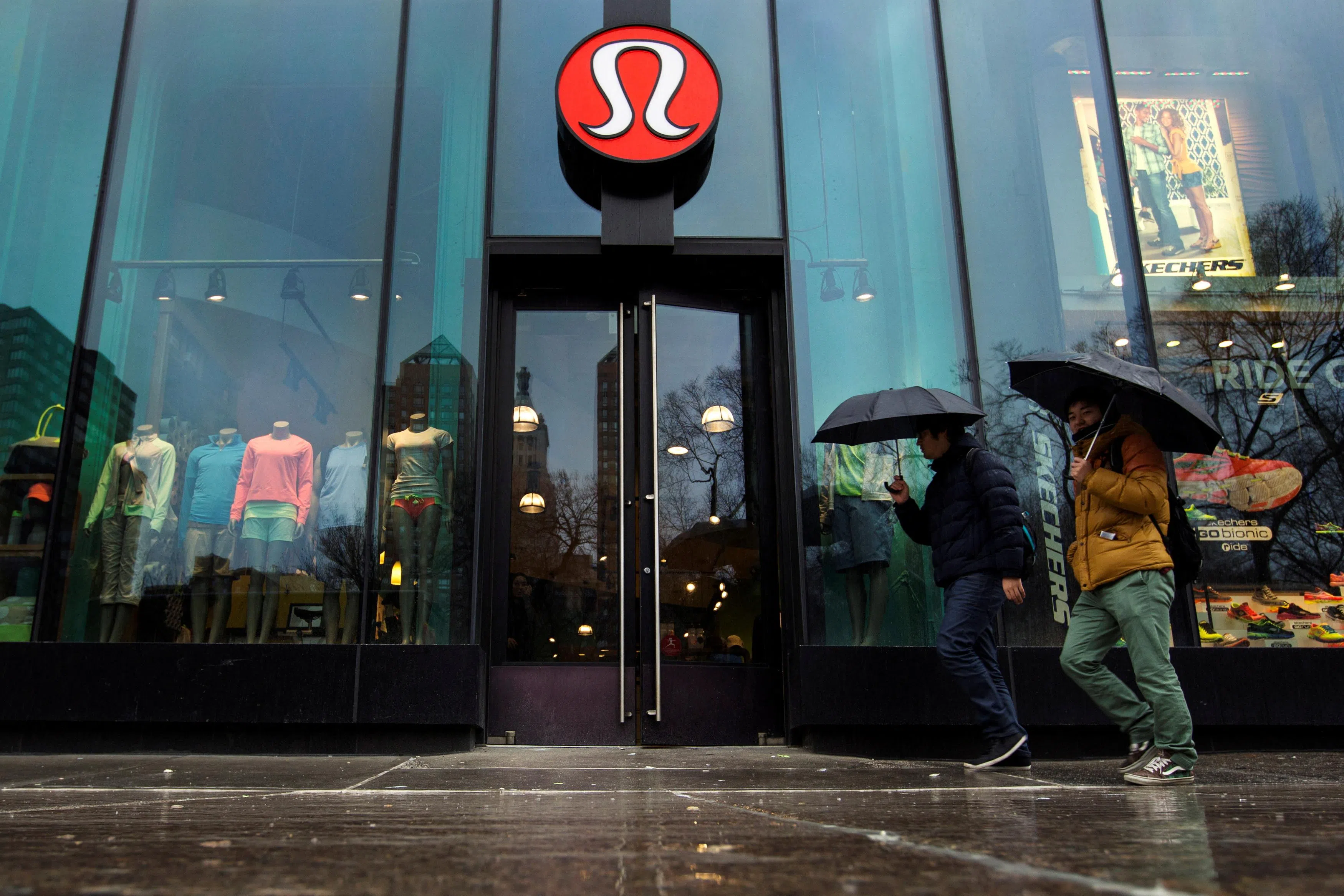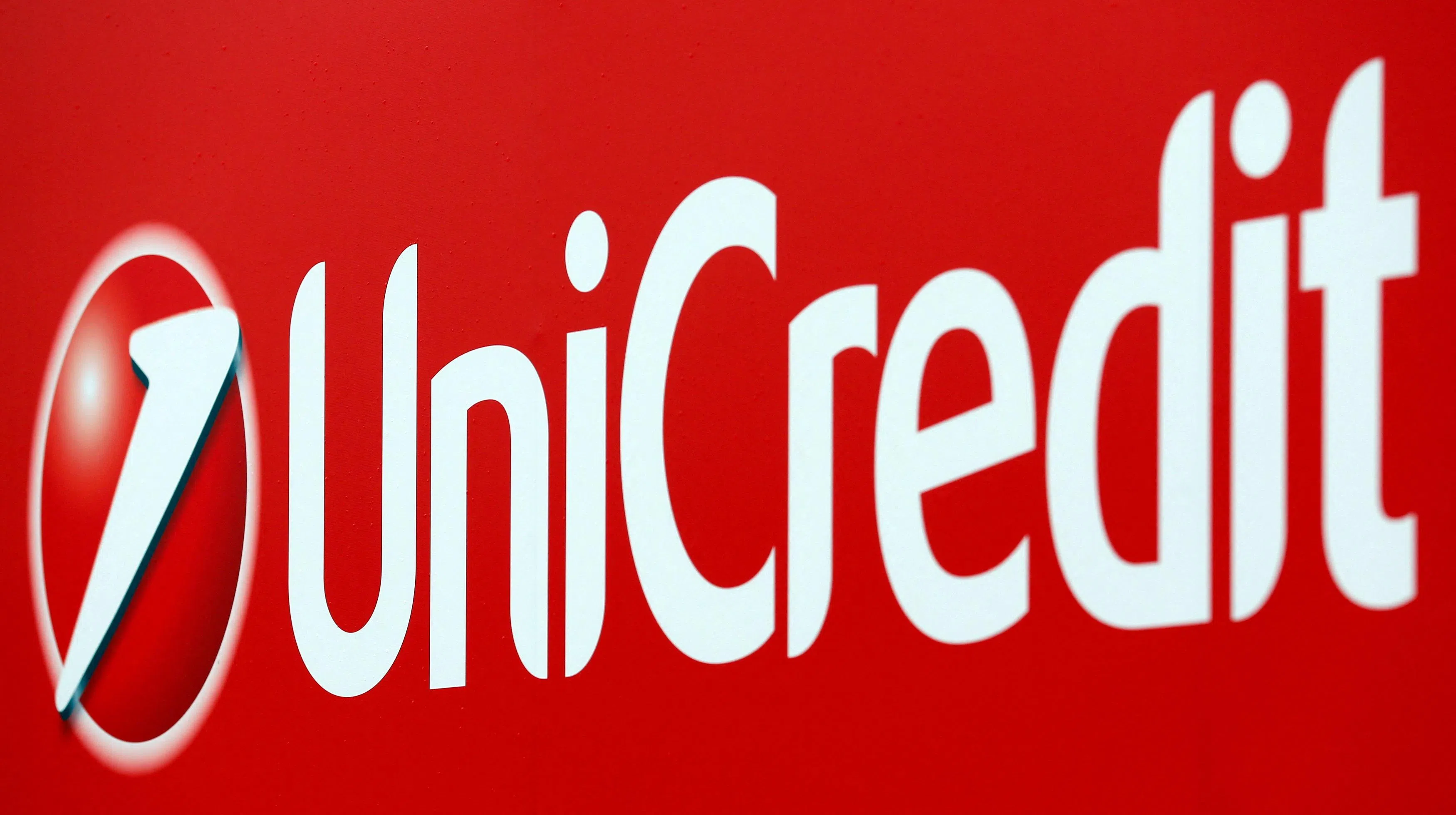LULULEMON Athletica beat Wall Street expectations for first-quarter revenue on Wednesday (Jun 5), as strong international business helped buffer a slowdown in consumer discretionary spending in its key North America market.
Lululemon’s shares, which have declined about 40 per cent this year, rose more than 12 per cent in extended trading after the company also approved a US$1 billion increase to its stock repurchase programme.
Despite slackening shopper appetite in the United States, strong China demand has helped sales for the brand, as customers look to refresh their wardrobes ahead of the summer season.
The company has also worked to fix recent issues around out-of-stock items in smaller sizes and certain colours, which impacted its sales during the spring shopping season in February and March, according to Citi analyst Paul Lejuez.
Lululemon’s comparable sales increased 6 per cent – a rare single-digit sales rise for the company that has seen double-digit growth over the past two years, with the Americas coming in flat compared to last year and a 25 per cent jump in international business.
A leaner inventory and strong full price selling boosted its gross margin in the quarter, increasing 20 basis points to 57.7 per cent from last year.
GET BT IN YOUR INBOX DAILY
Start and end each day with the latest news stories and analyses delivered straight to your inbox.
Lululemon’s results bucked a slowdown in consumer spending in North America that has hit higher-end apparel retailers such as Ralph Lauren and Coach parent Tapestry.
Lululemon’s inventory at the end of the first quarter decreased 15 per cent to US$1.3 billion, compared to US$1.6 billion at the same period last year.
The athleisure apparel maker posted quarterly net revenue of US$2.21 billion, above analysts’ average estimate of US$2.19 billion, according to LSEG data.
It hiked its fiscal 2024 earnings per share forecast to a range of US$14.27 to US$14.47 from US$14.00 to US$14.20 and maintained net revenue guidance of between US$10.70 billion and US$10.80 billion. REUTERS







